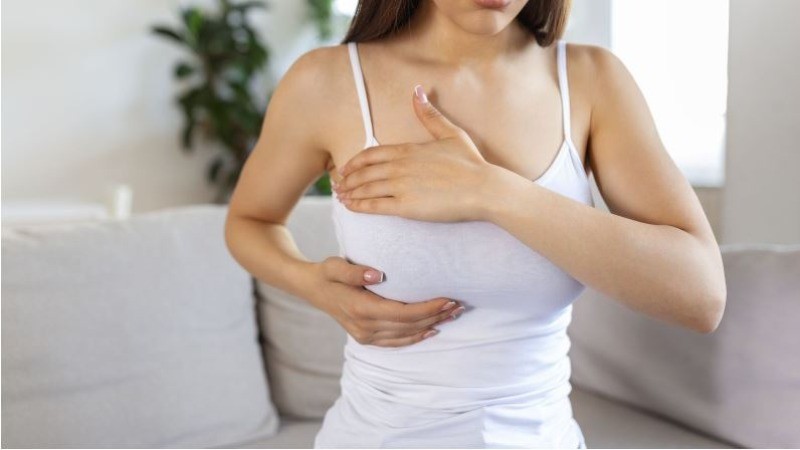
Breast cancer remains one of the leading causes of cancer-related deaths worldwide, claiming millions of lives each year. While numerous factors contribute to the risk of developing this disease, recent research highlights a significant environmental concern: the presence of carcinogenic substances in food contact materials (FCMs).
Carcinogens in Food Packaging
A groundbreaking study published in the Frontiers in Toxicology journal has identified 189 potential carcinogens associated with breast cancer found in common food packaging materials. Researchers discovered that at least 76 of these harmful chemicals can migrate into food under realistic usage conditions, suggesting a troubling risk for consumers. The authors emphasize that chronic exposure to these chemicals is common, presenting a critical yet often overlooked opportunity for prevention.
What Are Food Contact Materials (FCMs)?
Food contact materials encompass any substances or objects that come into direct or indirect contact with food throughout its journey—from production to consumption. This category includes:
The safety of these materials is paramount, as they can transfer harmful chemicals into food, jeopardizing its safety, quality, and flavor. Rigorous testing for chemical migration is essential to ensure FCMs do not compromise public health.
The Hazardous Chemicals Identified
Among the 189 chemicals flagged in the study, 40 have been categorized as hazardous due to their potential carcinogenic properties. Alarmingly, many of these substances have been acknowledged by regulatory agencies yet continue to be utilized in food packaging. This raises urgent questions about the safety of our food supply and the need for stricter regulations.
The Relevance of This Study
The findings of this research are crucial, as they shed light on the pervasive presence of carcinogens in everyday products and their potential link to breast cancer. Addressing the removal of these chemicals from the food supply chain is essential for public health. Awareness of the risks posed by FCMs can empower consumers to make informed choices about their food.
Early Detection of Breast Cancer
Understanding environmental risks is vital, but early detection plays a critical role in improving breast cancer outcomes. Early onset breast cancer—diagnosis before age 40—is a growing concern influenced by genetic factors, such as mutations in the BRCA1 and BRCA2 genes, as well as family history and lifestyle choices.
Common signs to watch for include:
Lumps or changes in breast shape
As we continue to grapple with the complexities of breast cancer, acknowledging the impact of environmental factors, particularly carcinogens in food packaging, is essential. By raising awareness about these risks and promoting early detection, we can take proactive steps towards prevention and improve the overall health of our communities.
World Lung Day 2024: Clean Air and Healthy Lungs for All
World Rose Day 2024: How One Day Can Transform the Lives of Cancer Patients